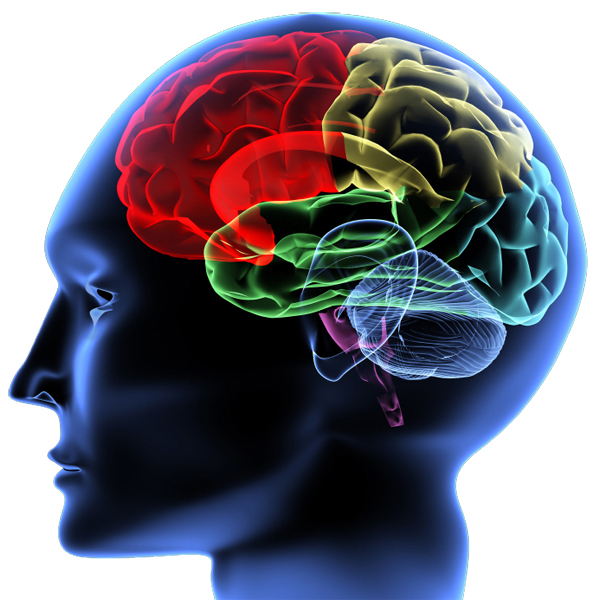Headaches & Orofacial Pain
1-day Online Seminar (7.5 hours of CPD)
For most manual therapists, the role of neurology in the diagnosis and treatment of headache orofacial pain is largely confined to ruling out serious pathology. There generally exists an understanding that the trigeminal pain pathway plays a major role. But very few practitioners have detailed knowledge of the neuro-pathophysiology underlying the different headache and orofacial pain disorders, thus making it difficult for them to comprehensively assess and treat the patient’s neuromusculoskeletal deficits that are contributing to their condition. This seminar will acquaint you with the mechanisms underlying headache and orofacial pain disorders and teach you how to clinically apply this knowledge in your assessment and treatments of patients.

The seminar will be interactive, and participants will be able to and encouraged to ask questions throughout.
A comprehensive set of course notes will be emailed to you in advance of the seminar.
Video demonstrations of examination techniques and rehabilitation exercises will help you to learn the practical skills.
These videos will demonstrate normal and abnormal findings, and will be made available to you after the seminar.
Course Content:
- Peripheral nociceptive inputs that can contribute to headaches and/or orofacial pain through sensitisation of the trigeminal pain pathway.
- Review of functional neuroanatomy of the trigeminal nerve.
- The neurological basis for cervicogenic headache and other common headache and orofacial pain disorders.
- Migraine pathophysiology – the neurological basis for the migraine aura and subsequent headache.
- Assessment of the headache patient: determining the pro-nociceptive factors and assessing the functionality of the anti-nociceptive mechanisms.
- Treatment and prevention of migraines and other headache disorders:
- Manual therapy
- Neuro-rehabilitation
- Basic nutritional strategies
- Temporomandibular joint dysfunction:
- Assessment
- Treatment & rehabilitation
- Influence on the vestibular system and association with other musculoskeletal pain syndromes
Date: Sunday, 5th March 2023
Time: 9:00am – 5.30pm (GMT) / 10:00am – 6.30pm (CET)
Online platform: Zoom
Registration fee: £135 (GBP) / €155 (EUR) / kr1700 (NOK)
Please contact nicole@neuroseminars.co.uk if you require any further information.Seminar Instructors:
Nicole Oliver, DC, MChiro, BSc(Hons), PgDip(MSK Neuroscience)
Nicole graduated from the Anglo-European College of Chiropractic (AECC) in 2005 and began studying functional neurology in 2006. She gained the Diplomate of the American Chiropractic Neurology Board (DACNB) qualification four years later. Alongside clinical practice she lectures for Neuroseminars, teaching functional neurology to chiropractors, osteopaths, physiotherapists and other health care professionals in the UK and Europe. Nicole has presented at several conferences and conventions, including the 2014 & 2016 European Chiropractors Union (ECU) Conventions, the 2019 World Federation of Chiropractic (WFC) Congress, and at the annual or biannual conferences/ meetings of the Swiss, German, Norwegian, Belgian, Finnish, Swedish, Irish and Scottish national associations.Karl Martin Stålaker, DC, MChiro, BSc, MSc(MSK Neuroscience)
Karl graduated from Macquarie University, Sydney in 2006. He practiced as a chiropractor in Spain for several years before returning home to Norway in 2010. During his time at university, he developed a special interest in jaw problems, balance disorders, vertigo, headaches and chronic pain, which he has pursued in his postgraduate studies. He has completed his Masters of Musculoskeletal Neuroscience, with the focus of his studies on chronic pain and central sensitisation. Karl has taught several TMJ workshops for the Norwegian Chiropractic Association’s Regional New Graduate Development Programme. He has also presented at the Swedish Chiropractic Association’s 2019 Autumn Conference on the subject of TMJ influences on the vestibular system.